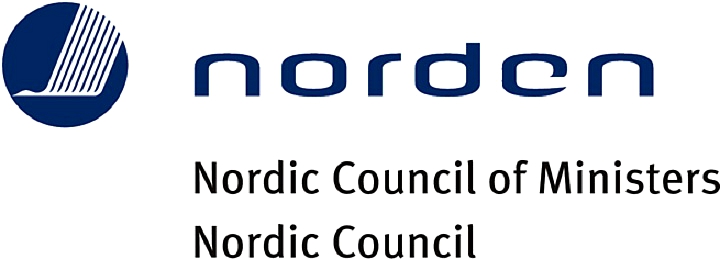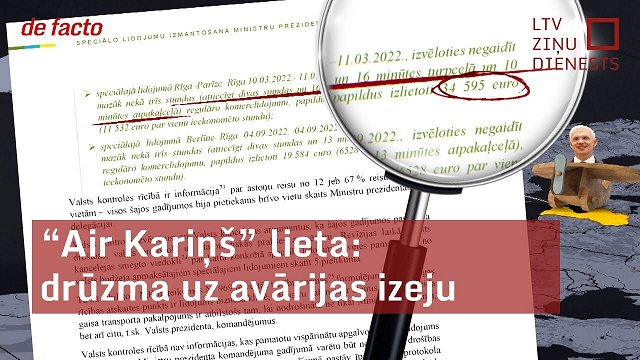Meeting at the Ministry of Foreign Affairs under the auspices of the Nordic Council of Ministers (Norden), which has been a constant presence in the Baltic states since the spring of 1991, the discsussion was led by Foreign Minister Edgars Rinkevics who said he was pleased the Norden presence remains active in the region: "There was an idea that the job had been done and the offices should be closed down – common sense prevailed but I think we in the Baltics need to consider how we can increase our presence in the Nordic states,"
One of the main things to consider in future will be potential NATO membership for Sweden and Finland, Rinkevics said: "I think this issue... NATO membership of Sweden and Finland... at some point in time, this is going to be an issue that is going to be discussed."
Recent years had already brought some significant new trends, Rinkevics added: "Three years ago no-one would talk about strategic communications as part of Nordic-Baltic coopertaion – right now we are doing that as a matter of routine to counter Russian propaganda."
Former Danish Foreign Minister Denmark's Uffe Ellemann-Jensen said that while much had been done in the last 25 years, much remained to do: "Considering what has been achieved, there is no limit to where we can go," he said.
Also in attendance was former Swedish Prime Minister and Foreign Minister Carl Bildt who took the opportunity to point out that while the Baltic states had developed rapidly, cooperation between the Nordic states themselves had "stagnated, at best" during the same period.
"It's been a quarter century that has gone better than a lot of us thought – or feared," Bildt said, marked by gradual integration into most of the main available structures of the western world: the EU, NATO, OECD, the eurozone and more.
PHOTOS: Roundtable on 25th Anniversary of #Baltic-#Nordic Coop. “1991-2016 & the Way Ahead” https://t.co/SQSGK3vFzY pic.twitter.com/msgHWjk0O1
— Latvian MFA (@Latvian_MFA) August 22, 2016
However, not everything went as expected, Bildt admitted.
"What didn't work? The new Hanseatic league that we dreamed about... we might have been naïve and we might have been dreaming but we had big expectations there."
"Instead of going into a new Hanse, we have gone into a far more complicated period," Bildt said.
Bildt also gave an interesting insight into his role acting as a middle man trying to negotiate the withdrawal of Soviet troops and nuclear weapons from Baltic territory, pointing out that for example at Paldiski in Estonia, an immediate withdrawal of forces might have been attractive but could have had negative longer-term consequences.
"We had an objective interest in even Russia having proper facilities to train their nuclear submarine crews," Bildt explained.
But perhaps the most significant development in this context is that the majority of Russians now acknowledge that the Baltic states are true independent states, he added.
"I do think that the fact these three states are independent, truly, for the forseeable future has been broadly established," Bildt said.
Amongst the congraulations however, Iceland's former foreign minister and finance minister Jón Baldvin Hannibalsson sounded an enjoyably heretical note, describing US Republican Presidential candidate Donald Trump ans a "bully" and "psychopath" and blasting European leaders for dithering and not taking seriously enough the numerous serious problems facing them including a stagnated economy, rogue banks and brutal austerity.





























